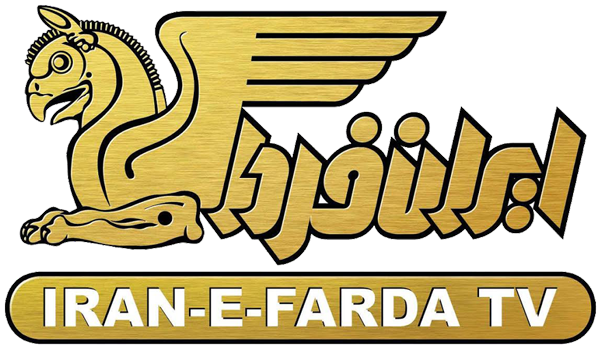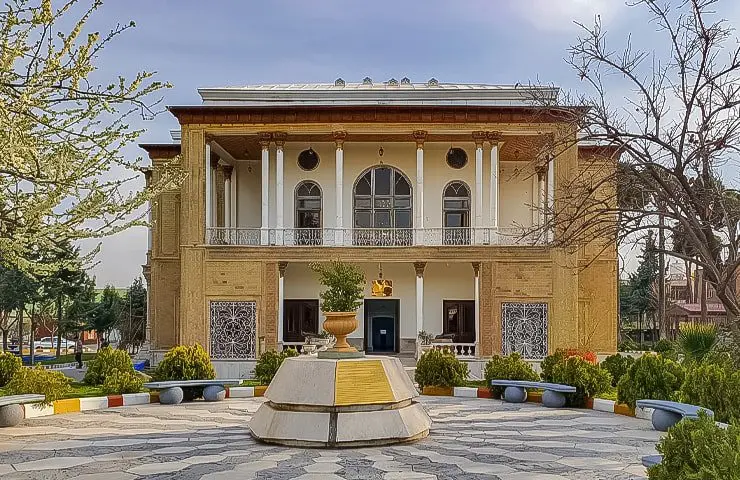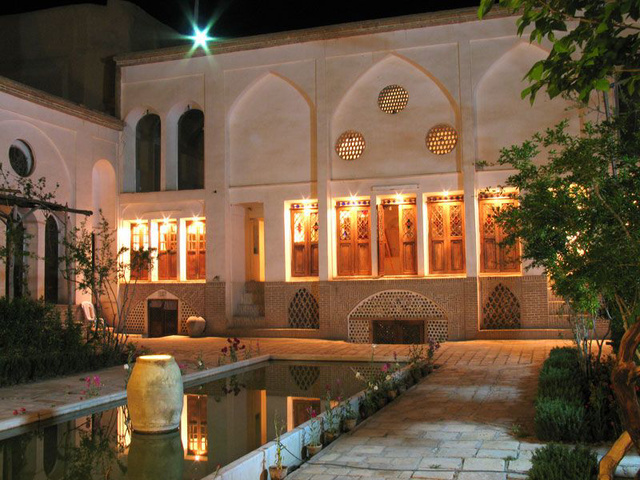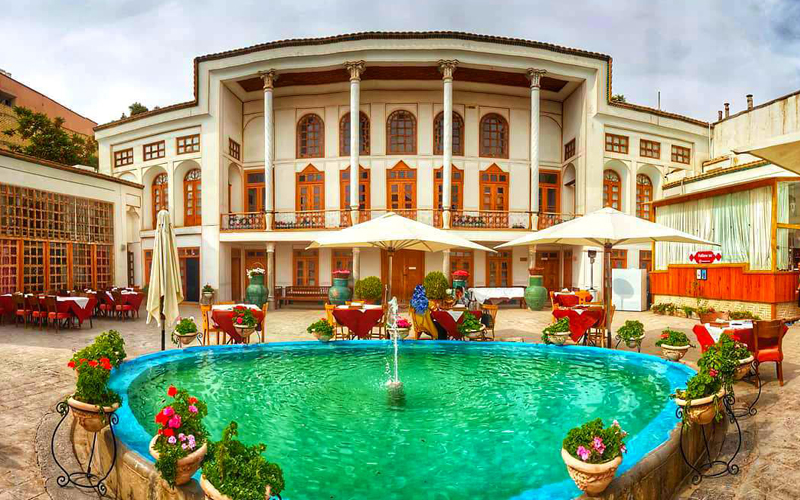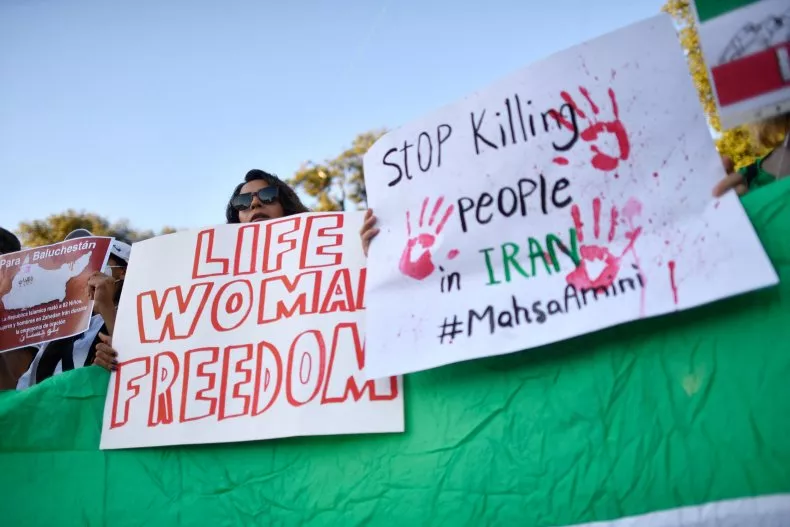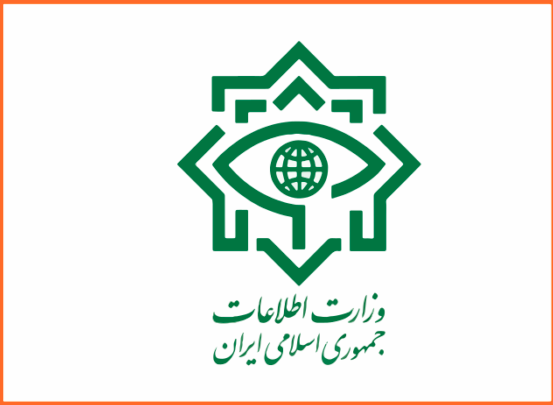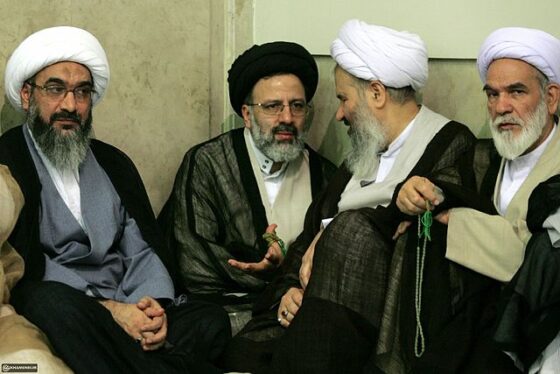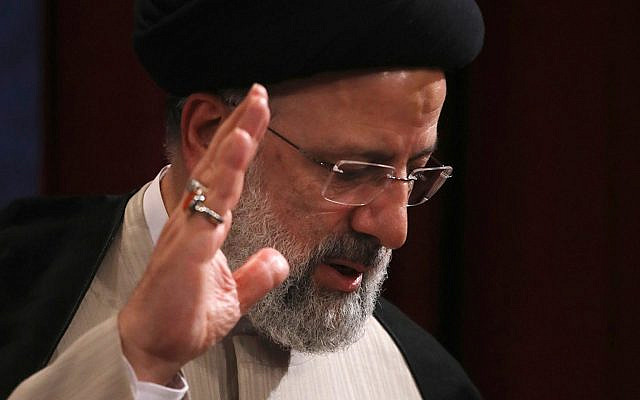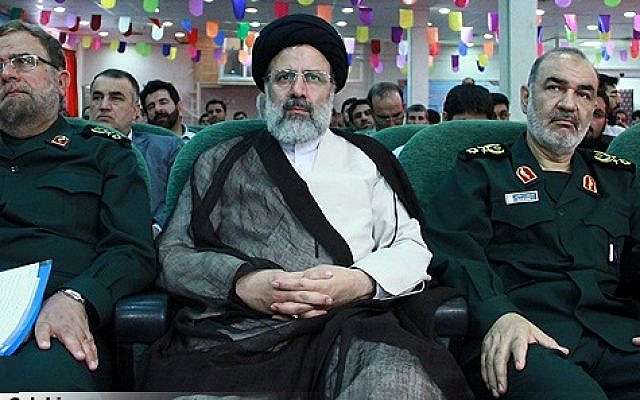Iran letter raises prospect of ‘white list’ internet clampdown
Published on: 2019-11-26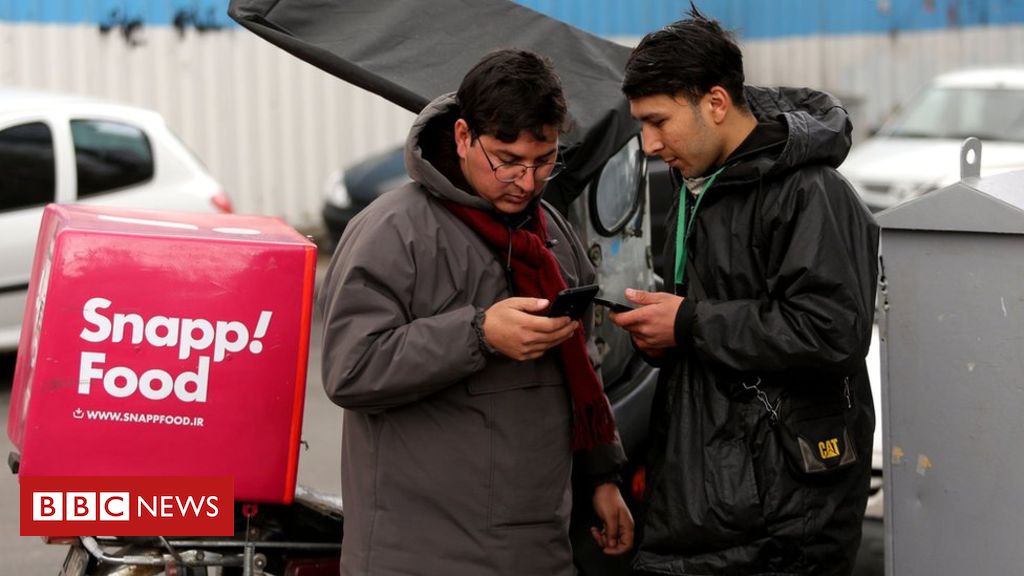
 Image copyright
Image copyright
Getty Images
Local app-based food delivery services have been among those affected by the internet blackout
The Iranian government has written to state-run organisations and private companies asking them which foreign websites they rely on.
The effort has come to light 11 days after the authorities imposed a week-long internet blackout following protests against a rise in fuel prices.
Some experts believe the latest move signals that Tehran plans to operate a “white list” scheme, under which only approved sites would be made available.
Officials have not commented on this.
But the head of the Information Technology Organisation (ITO) – the Iranian government body responsible for cyber-space – has confirmed sending the letter.
Amir Nazemi said he was “obliged to make sure vital services were available”. He added that he wanted to let security officials know how the decision to shut down the internet had impacted the economy.
“I give the people who are watching this from a distance every right to be sceptical about the situation in the future,” he said.
Social networks
Iran has discussed creating a “national internet” since 2005.
The idea is to build domestic services that mirror the most popular foreign-based websites and apps, and get Iranians to use them instead.
Although that has yet to happen, Iran has introduced an extensive internet censorship system, known as “filtering”. It has been likened to the so-called Great Firewall of China.
The filtering system blocks users from accessing most well-known social networks such as Facebook, Twitter and YouTube, as well as international news outlets such as BBC News.
Many suspect that the authorities now want to move one step further and instead of having a “black list” of banned websites, there will be a “white list” of permissible ones, with all others blocked.
Mahsa Alimardani, of human rights organisation Article 19, says that approach would be “in line with the worrying indications” that Iranian authorities want to restrict access to the uncensored internet to certain people “based on their professional and social circumstances”.
‘Likely problems’
The existence of the letter became known after a copy circulated on social media. It gave Google Maps as an example of a “necessary foreign service”.
It said that the government wanted to “assess the likely problems” that people might have had in accessing online services.
Image copyright
Getty Images
Users in Iran have been confronted by error messages in Persian saying there is no available internet connection
According to Ms Alimardani, “every mass protest movement in Iran, since the first one in the internet age in 2009, has resulted in further centralisation and regulation of the internet space”.
She pointed to the vastly popular messaging app Telegram which was blocked following the nationwide protests some two years ago, after which the authorities made “a failed attempt to push” domestic messaging apps such as Soroush.
During the recent internet shutdown, citizens were prevented from accessing independent news outlets based abroad. They were also blocked from viewing pictures and videos of the sometimes deadly clashes, which had been posted online.
On Saturday, the head of Basij, the state-controlled paramilitary force loyal to Supreme Leader Ayatollah Khamenei, said he wanted to see a “clean internet” in Iran.
Brig-Gen Gholamreza Soleimani added that he hoped that one day the “national internet is implemented and satisfies all the country’s needs”.
Private networks
While many security officials want to control the flow of information in and out of the country, many people are using methods such as virtual private networks (VPNs) to bypass the filtering system.
A couple of days before the blackout started, a high-ranking official had called for the sale of VPN accounts to come under state regulation.
The secretary of the high council of cyber-space, Abolhassan Firouzabadi said he wanted the judiciary and ministry of information and communication technology to take responsibility for licensing VPN vendors.
If Iran were to implement a white list, either permanently or during periods of unrest, some citizens fear it could disable circumvention tools like VPNs.
Image copyright
NetBlocks
This connectivity-tracking chart indicates Iran has yet to restore all mobile internet access
But others are not so sure.
“Iran’s internet users and tech experts who have had years of experience circumventing censorship can likely find ways to route around it,” Ms Alimardani said.
